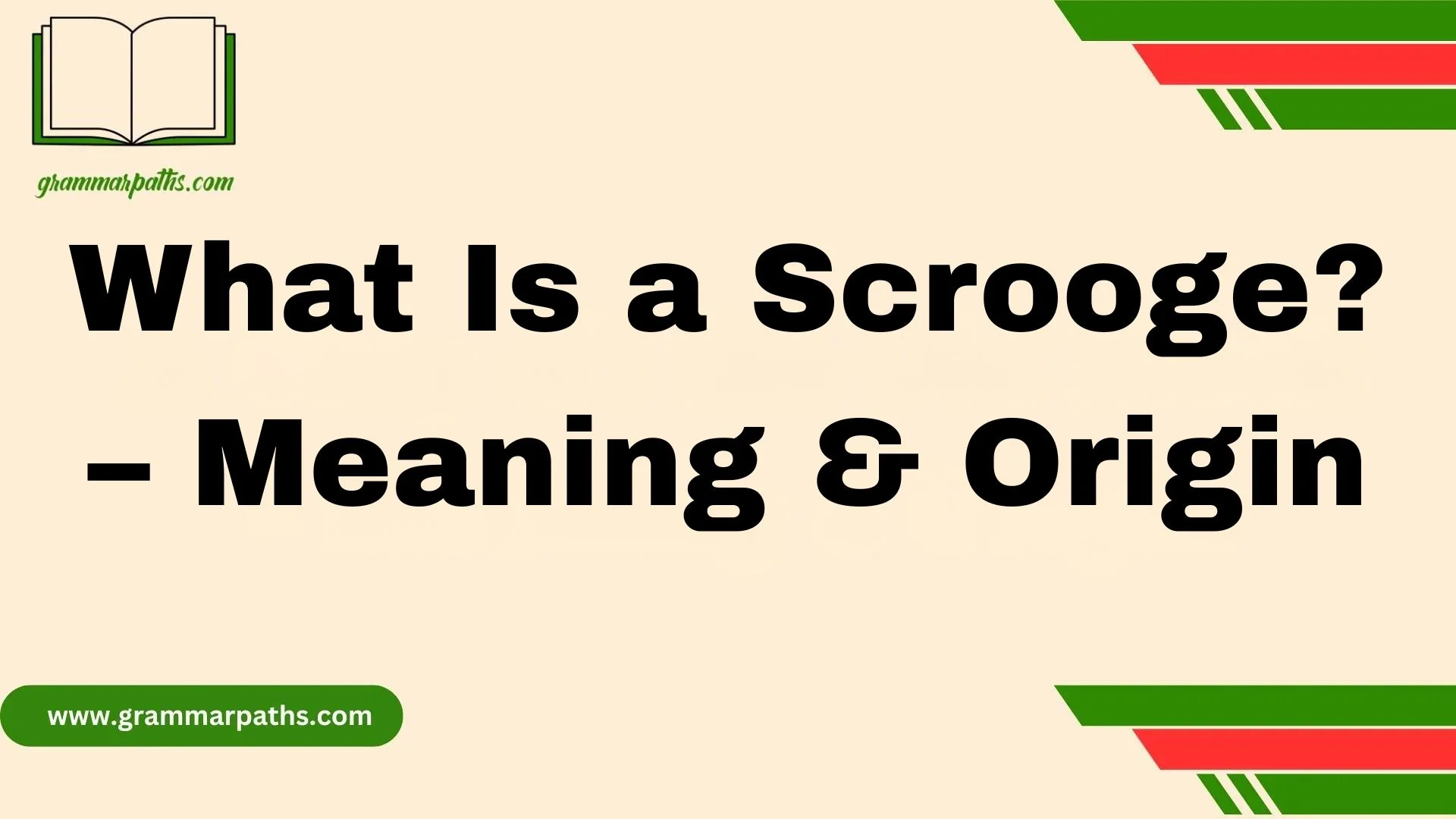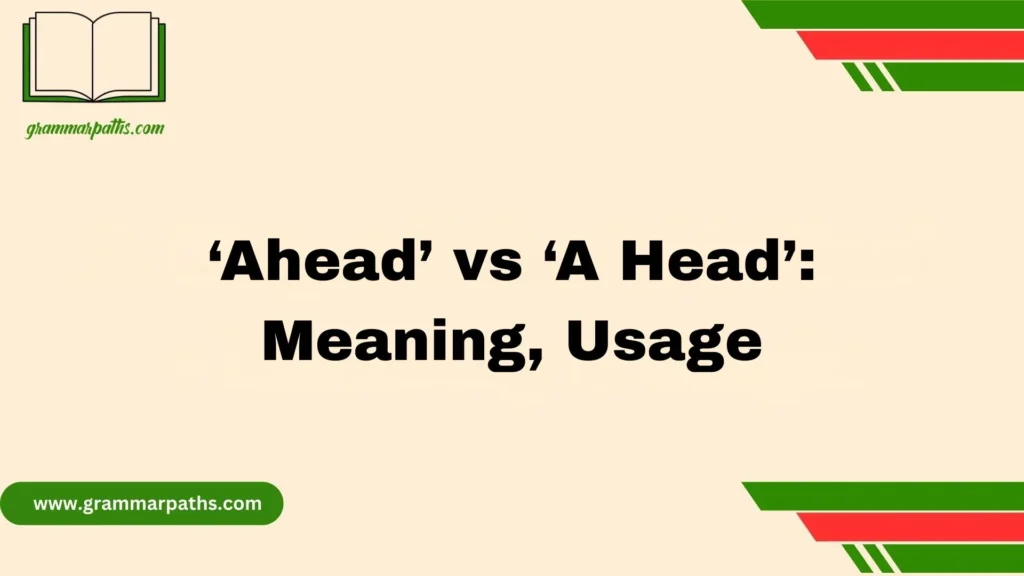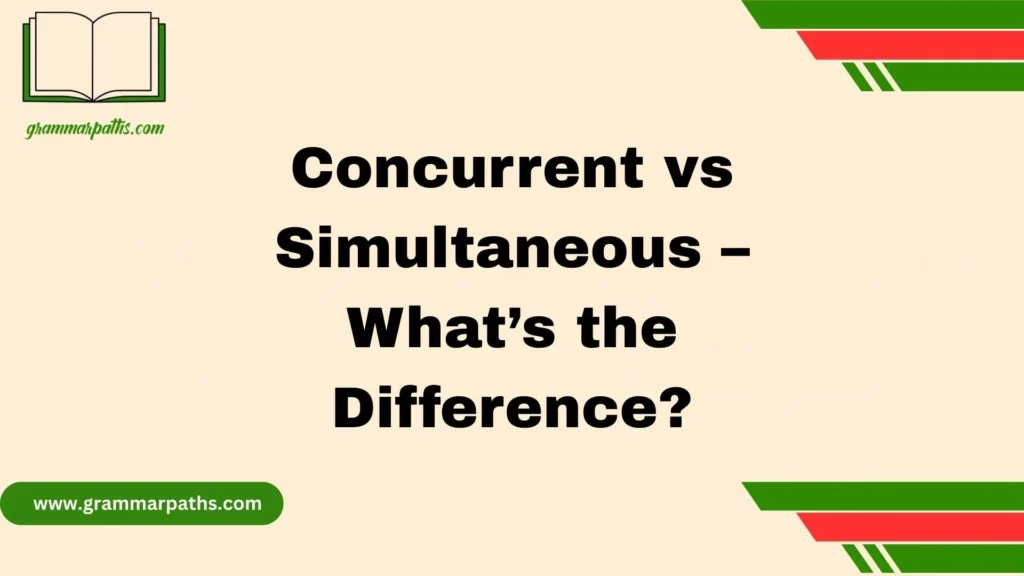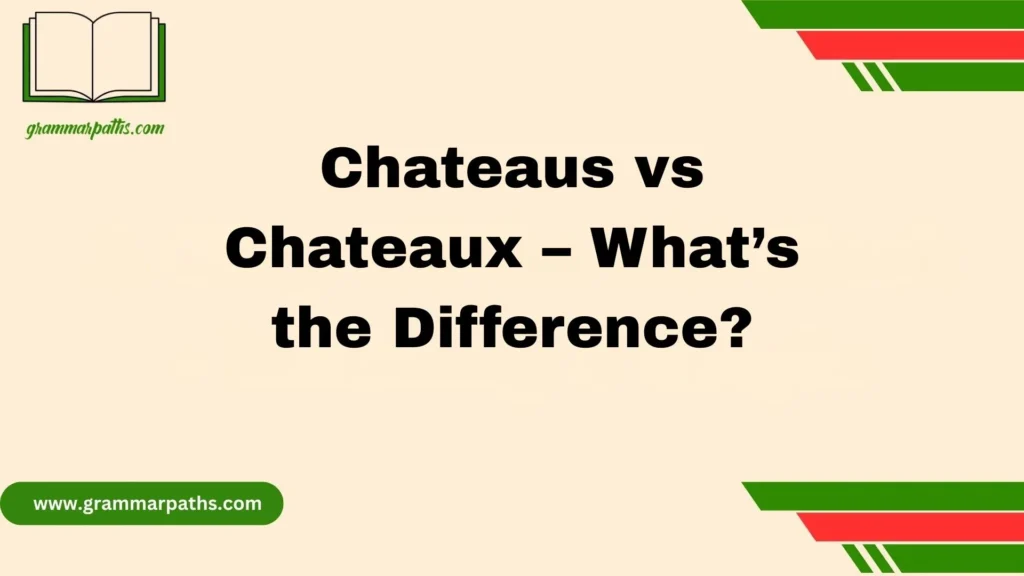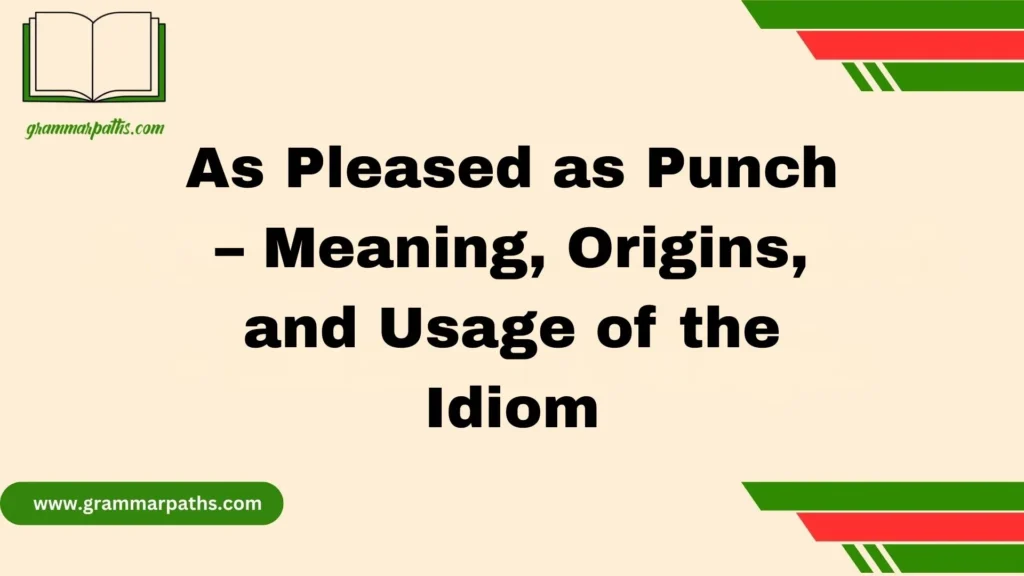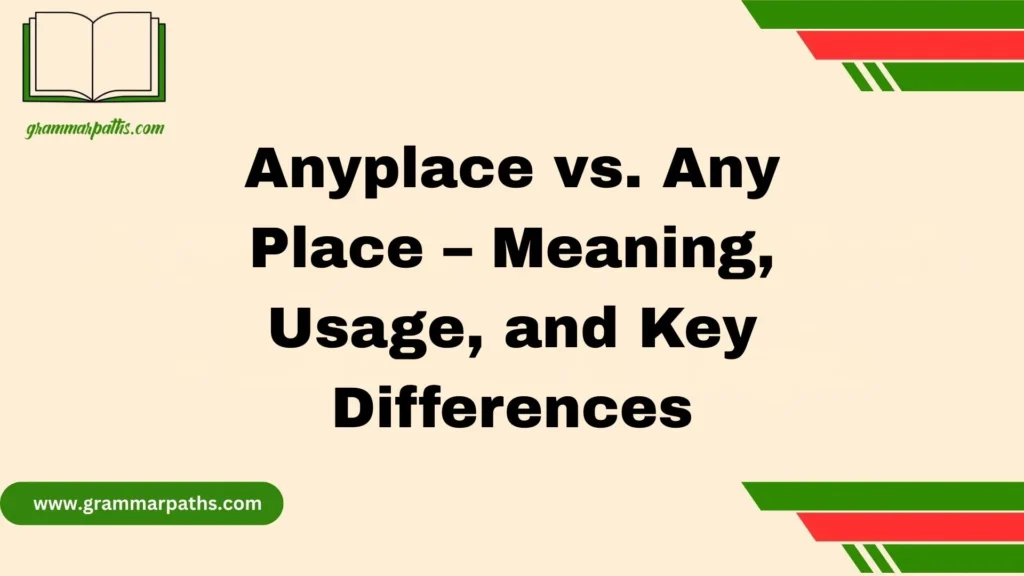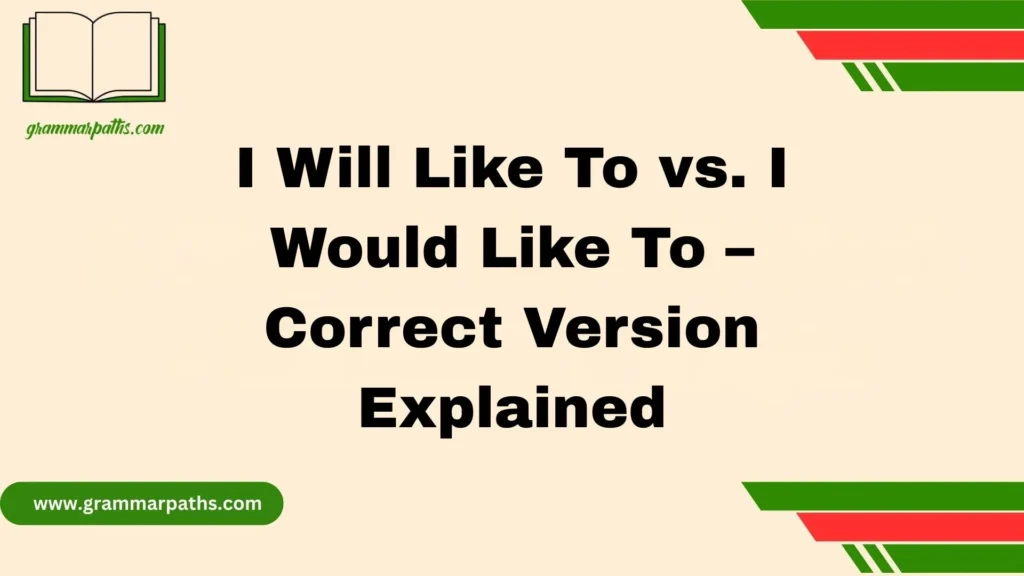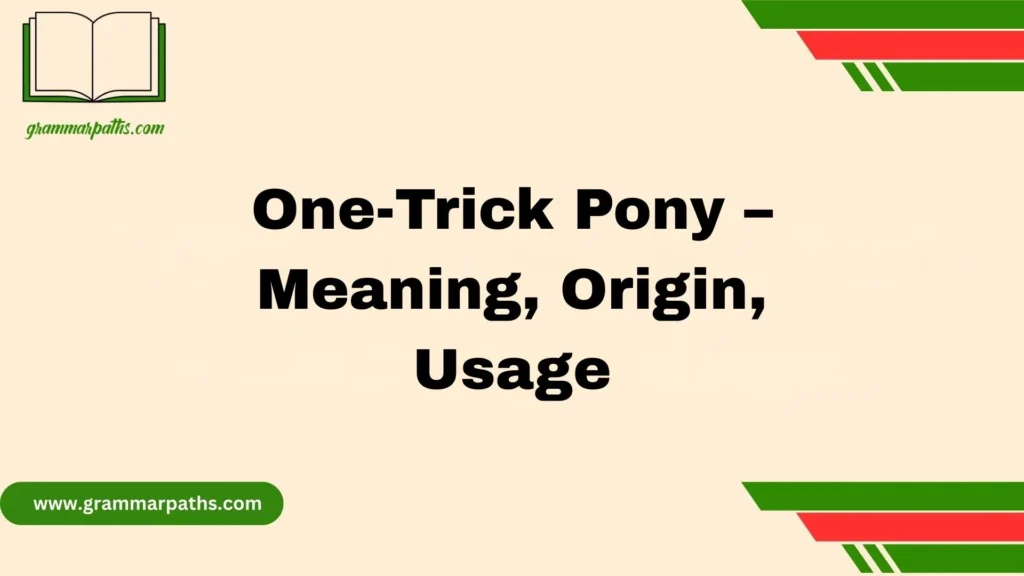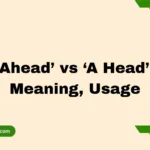During the holidays, we’ve all heard someone call a friend a “Scrooge” — often after a dinner when they quietly refuse to split the bill or skip buying a gift for the group. It’s a quirky term and label loaded with meaning that goes beyond cheap habits. In December, when the festive spirit fills the air, the word takes on a more powerful place in cultural reference, thanks to Dickens and his famous novel A Christmas Carol. This fictional miser — a main antagonist in the story — has a literary origin tied to themes of stinginess, coldness, and a lack of generosity.
Over time, it has turned into a universal name-calling shorthand, used in everyday language to describe behaviors or attributes that seem selfish, especially during a season built on generosity. I’ve always found it fascinating how this colorful word, with its richness in context and origins, can be tossed around so casually yet stick so deeply in our speech patterns.
What makes this word so popular is how it works in different scenarios — from a post that dives deep into tracing the back story of why it became such a powerful cultural reference, to those unexpected moments when I’ve caught myself calling a friend a “Scrooge” after they wouldn’t chip in. The term is still used today, and if you’ve ever wondered where it does actually come from, you just need to understand its literary roots and how it transformation into more than a simple slang insult.
Trust me, the story behind this word says a lot more than just its face value — it’s a blend of languages, sayings, fun idioms, and analogies that create a dramatic and illustrative pattern in our culture, making it an essential part of the way we describe characters with unique mannerisms.
What Does “Scrooge” Mean?
At its core, a Scrooge refers to someone who is miserly, unfriendly, and unwilling to share—especially when it comes to money. But there’s more to the term than just penny-pinching.
Here’s a breakdown of what “Scrooge” typically implies:
- Stingy with money
- Cold or unfriendly toward others
- Lacking generosity, empathy, or joy
- Disconnected from emotional or social warmth
However, thanks to the original story that birthed the term, “Scrooge” also carries a second meaning: someone who is capable of personal change. It’s a name that embodies both darkness and redemption.
Origin of the Term “Scrooge”
The term “Scrooge” was coined by author Charles Dickens in his 1843 novella, A Christmas Carol. The name was invented specifically for the main character: Ebenezer Scrooge.
Dickens was inspired by real-life societal problems in Victorian England, including child labor, poverty, and the growing divide between rich and poor. Scrooge was his symbol of selfish capitalism—and a warning about where society was headed.
Interestingly, Dickens never explained where he got the name “Scrooge,” but some scholars believe it may have been inspired by:
- The Scottish word “scrouge”, meaning to squeeze or crowd
- A real-life businessman named Ebenezer Scroggie, whom Dickens encountered in Edinburgh
Whatever the origin, the name stuck—and so did the message.
The Real Ebenezer Scrooge: Character Breakdown
In A Christmas Carol, Ebenezer Scrooge is introduced as a wealthy but joyless businessman. He’s the kind of person who values money over people, and he’s proud of it.
Here’s how Dickens describes him in the first chapter:
“Hard and sharp as flint… secret, and self-contained, and solitary as an oyster.”
Scrooge:
- Hates Christmas
- Pays his employee Bob Cratchit poorly
- Refuses charity and social interaction
- Thinks compassion is foolish
He’s not just stingy—he’s emotionally frozen.
But Dickens didn’t stop there. He gave Scrooge depth, creating a character whose choices had consequences—and whose heart, despite everything, wasn’t beyond repair.
The Transformation: From Miser to Mentor
The story of Scrooge is, above all, a story of redemption.
After being visited by the ghosts of Christmas Past, Present, and Yet to Come, Scrooge undergoes a dramatic emotional and moral transformation. Each ghost serves a purpose:
| Ghost | Purpose | Key Lesson |
| Past | Revisits childhood and lost love | Reflect on what shaped you |
| Present | Shows current struggles (like Cratchit family) | Understand others’ hardship |
| Future | Foretells his lonely death | Change before it’s too late |
Scrooge awakens on Christmas morning with a new mindset:
“I will honour Christmas in my heart, and try to keep it all the year.”
From this point forward, he becomes kind, generous, and joyful. He raises Bob Cratchit’s salary, reconnects with his nephew, and even helps save Tiny Tim’s life.
This complete turnaround is what makes the term “Scrooge” so powerful—because it reminds us that change is always possible.
“Scrooge” as a Modern-Day Term
Today, the word “Scrooge” appears in conversations far beyond Victorian literature.
It’s used to describe anyone who:
- Refuses to spend money, even when they can
- Avoids celebration, especially around the holidays
- Puts profits over people
- Lacks generosity or kindness
But here’s the twist—depending on how it’s used, the term can either be:
- An insult (“You’re being a real Scrooge today”)
- A compliment in disguise if referencing the redeemed Scrooge (“He used to be a Scrooge, but he’s really changed”)
In dictionaries, it’s usually defined as:
“A person who is mean with money; a miser.”
— Oxford Languages
“A selfish and unfriendly person who doesn’t enjoy or give to others, especially at Christmas.”
— Cambridge Dictionary
Real-Life “Scrooges”: Modern-Day Examples
Scrooge-like behavior isn’t just found in books. It shows up in everyday life—and even in headlines.
Examples in Pop Culture and Media:
- Scrooge McDuck – Disney’s money-obsessed duck was inspired directly by Ebenezer Scrooge.
- Mr. Burns (The Simpsons) – Greedy, isolated, and out of touch with humanity.
- Frank Cross (Scrooged, 1988) – A modern TV exec version of Scrooge, played by Bill Murray.
- Gordon Gekko (Wall Street) – Embodies greed and power without empathy.
In the Real World:
Think of corporate CEOs or billionaires hoarding wealth, refusing to support workers or communities. They may not be called Scrooges directly, but the comparison is often implied.
Scrooge in Popular Culture and Media
Scrooge has been adapted across dozens of platforms:
- Theater: Thousands of stage productions of A Christmas Carol
- Film: From Alastair Sim (1951) to Jim Carrey (2009)
- Animation: Disney, Looney Tunes, and beyond
- Parodies: Saturday Night Live, The Muppets, Doctor Who, and more
Why does it keep getting adapted? Because Scrooge’s story is universal—everyone understands the idea of redemption, regret, and second chances.
Psychological and Social Analysis of the “Scrooge” Archetype
Why are we so drawn to characters like Scrooge?
Psychological Appeal:
- They mirror real fears—of loneliness, regret, becoming heartless
- They offer hope—no matter how cold a person becomes, warmth is still possible
- They challenge us—to examine our own habits and relationships
Cultural Commentary:
Scrooge reflects the tension between capitalism and compassion. In Dickens’s time, this tension was industrialism vs. human need. Today, it’s tech billionaires vs. minimum-wage workers.
Scrooge is more than a character—he’s a warning.
Synonyms and Related Terms for “Scrooge”
Here’s a look at similar terms and their subtle differences:
| Word | Meaning | Tone |
| Miser | Avoids spending money at all costs | Negative |
| Cheapskate | Someone who never pays their fair share | Informal, humorous |
| Penny-pincher | Extremely frugal person | Neutral to negative |
| Grinch | Spoils others’ joy, especially during holidays | Playful insult |
| Curmudgeon | Bad-tempered or cranky, often older | Can be endearing or critical |
Scrooge is unique because it also includes the potential for emotional transformation, not just stinginess.
Usage of “Scrooge” in Sentences
Here are real examples of how people use “Scrooge” today:
- “He’s such a Scrooge—he won’t even buy birthday gifts for his kids.”
- “I used to be a Scrooge about holidays, but now I love decorating the house.”
- “Don’t pull a Scrooge—come join the Christmas party!”
Even outside Christmas, the term still applies.
How “Scrooge” Became a Cultural Symbol
Scrooge isn’t just a character anymore—he’s a cultural icon.
Why the Term Endures:
- It’s emotionally loaded—everyone knows what it means to be cold or selfish
- It ties to a powerful narrative—from miser to mentor
- It’s universal—across cultures, we understand the need for generosity
In many countries, similar figures exist in folklore and literature. While the names differ, the message is the same: change is possible, and kindness matters.
Why “Scrooge” Still Resonates Today
In a world that often feels disconnected, Scrooge reminds us of three things:
- Money isn’t everything. Relationships and compassion are priceless.
- It’s never too late to change. No matter your past, the future is yours to shape.
- Giving matters. Whether it’s your time, resources, or empathy, generosity is a human need.
Scrooge may have started as an insult, but today, it’s a mirror—one that asks us: Are we hoarding joy, or sharing it?
Conclusion
The idea of a Scrooge has moved far beyond the pages of Charles Dickens’s A Christmas Carol. What began as a fictional antagonist has transformed into a universal cultural reference for stinginess, coldness, and a lack of festive spirit—especially around the holidays. Over time, the term has become a colorful piece of language used in everyday speech to describe someone who refuses to share, spend, or participate in joyful occasions. Whether it’s the friend who quietly avoids splitting the bill at dinner, or the coworker who skips the group gift in December, the label “Scrooge” still sticks. Its meaning and origins make it a powerful reminder of how literary influences shape our daily sayings, idioms, and expressions, turning a story into a timeless reference.
FAQs
Q1: What does “Scrooge” mean?
A “Scrooge” is a person who is cheap, miserly, or lacking in generosity, especially during festive occasions like Christmas.
Q2: Where did the term originate?
It comes from Charles Dickens’s 1843 novel A Christmas Carol, where Ebenezer Scrooge undergoes a dramatic transformation from a miser to a kind, giving man.
Q3: Why is it still used today?
The word has become a universal cultural reference that resonates across languages and cultures, often used as name-calling in lighthearted or critical ways.
Q4: Is being called a “Scrooge” always negative?
Mostly yes, but sometimes it’s said playfully among friends or family as a quirky comment about someone’s frugality.
Q5: How can someone avoid being a “Scrooge”?
By showing generosity, participating in group celebrations, and embracing the festive spirit, especially when it matters more than once a year.

Mia Rose is the passionate writer and founder of GrammarPaths.com, a resource dedicated to helping learners master English grammar, idioms, and writing skills with ease. With a deep love for language and years of experience in teaching and content creation, Mia simplifies complex grammar rules into clear, practical guides that readers can instantly apply.
